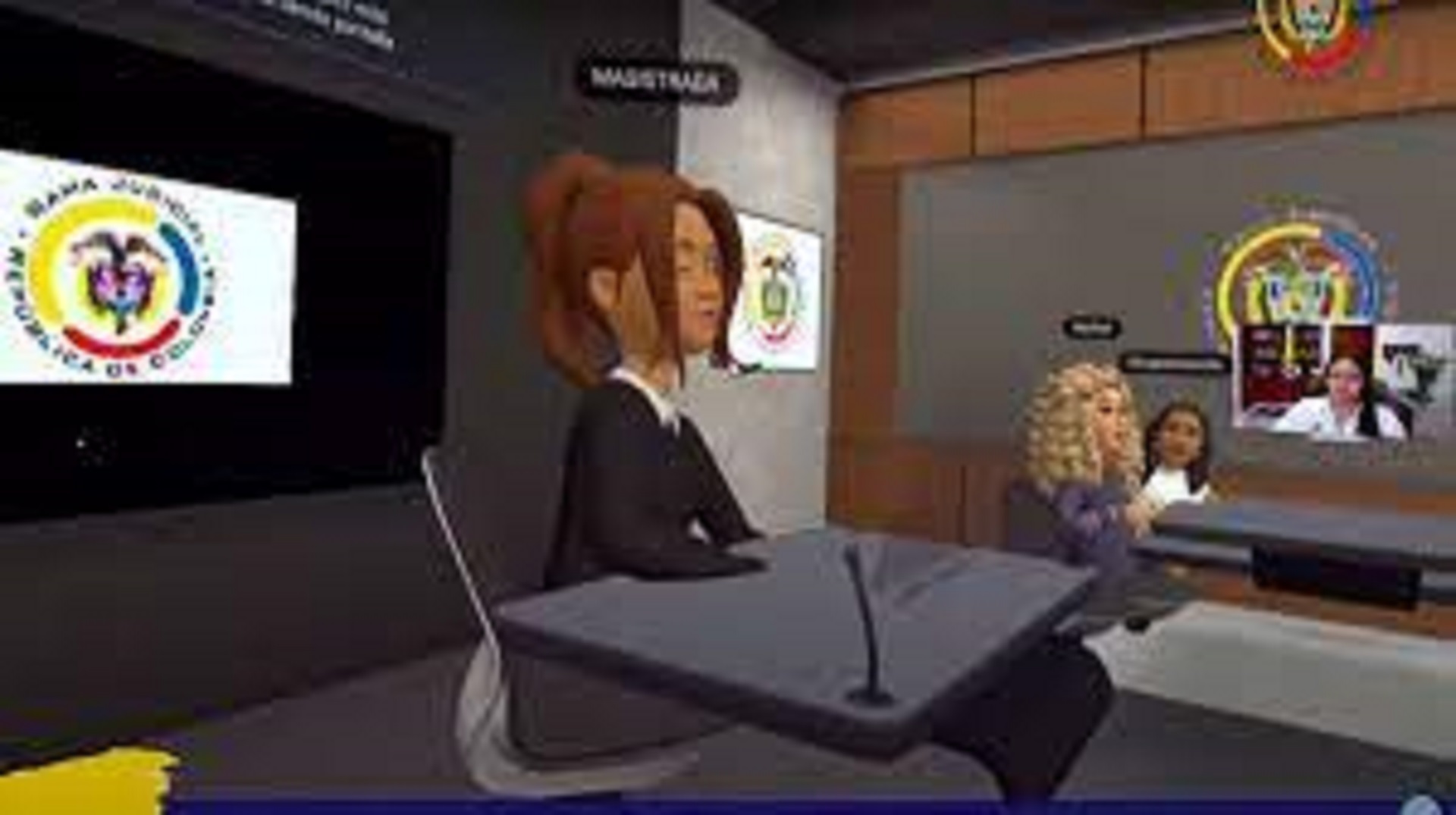
Introduction
Virtual and augmented reality technologies have advanced, leading to the recent growth in the popularity of Metaverse. Colombia has been leading the exploration of how virtual environments can improve access to justice and legal education.
As a result, this report outlines Colombia’s experiments with the metaverse legal system.
Virtual Experiments
Colombia has been experimenting with the metaverse in legal settings by creating virtual courtrooms. These courtrooms feature virtual avatars of judges, lawyers, and witnesses, and are designed to resemble traditional courtrooms.
Remote hearings can be conducted using video conferencing software, which allows participants to attend from their respective locations. This approach reduces the need for physical travel, making the process more convenient and cost-effective.
In addition, virtual courtrooms are more accessible to people with disabilities since they can be adapted to meet the needs of individuals with a range of conditions.
The virtual courtroom experiment in Colombia was well-received, with participants describing it as a convenient and effective method for conducting hearings.
Virtual Legal Education
In the field of legal education, Colombia is currently conducting experiments with the metaverse. Law students are utilizing virtual reality simulations to practice their advocacy skills in a safe and controlled environment.
In these simulations, students are presented with virtual scenarios and asked to argue a case in front of a virtual judge. The simulations can be customized to different legal contexts, providing students with a range of scenarios to practice with.
Compared to traditional classroom instruction, virtual reality simulations are more interactive and engaging. Students have reported that these simulations have helped them develop their advocacy skills and apply legal theory to real-world situations.
A Prediction Of This System into 2050
Colombia’s metaverse legal system experiments have the potential to transform how justice is administered and legal education is delivered.
The metaverse is likely to become an integral part of the legal system by 2050, providing greater convenience for legal practitioners.
However, addressing the potential challenges associated with this technology is critical to ensure that it is used fairly.
To know more about metaverse, click here to learn where they can be applied.
In Conclusion
The metaverse legal system experiments in Colombia have shown that virtual environments can be a valuable tool in enhancing access to justice.
Virtual courtrooms have the potential to enhance accessibility for individuals with disabilities, while also improving the skills of law students.
As technology advances, we can anticipate an increase in experiments with the metaverse in legal settings in the forthcoming years.
The featured image is taken from voi.id



